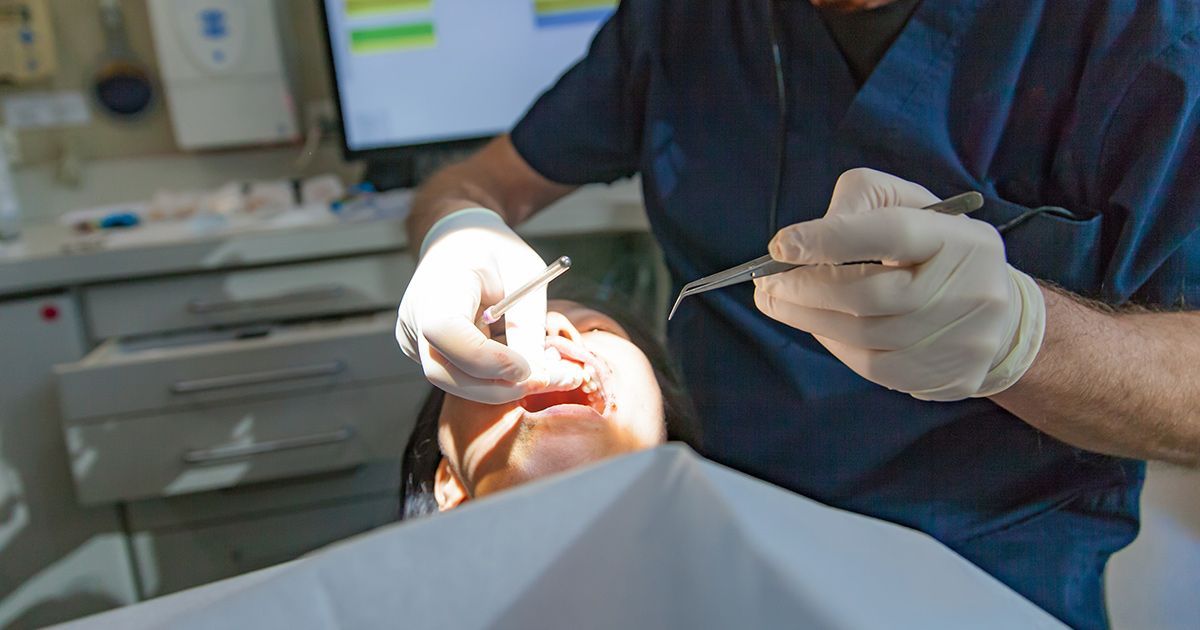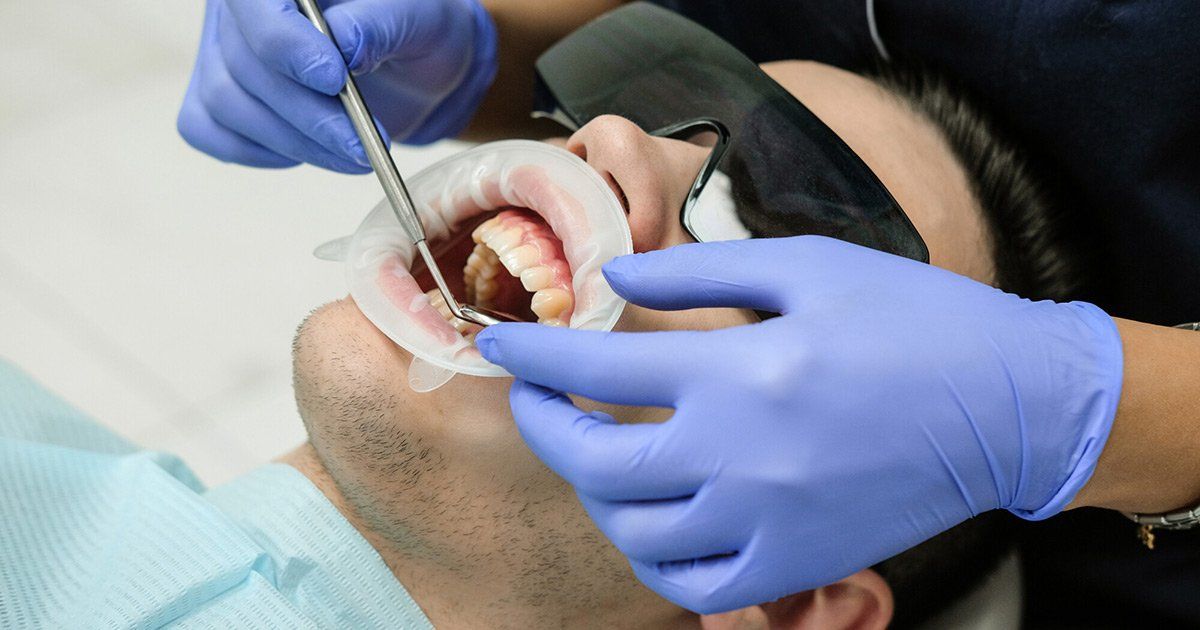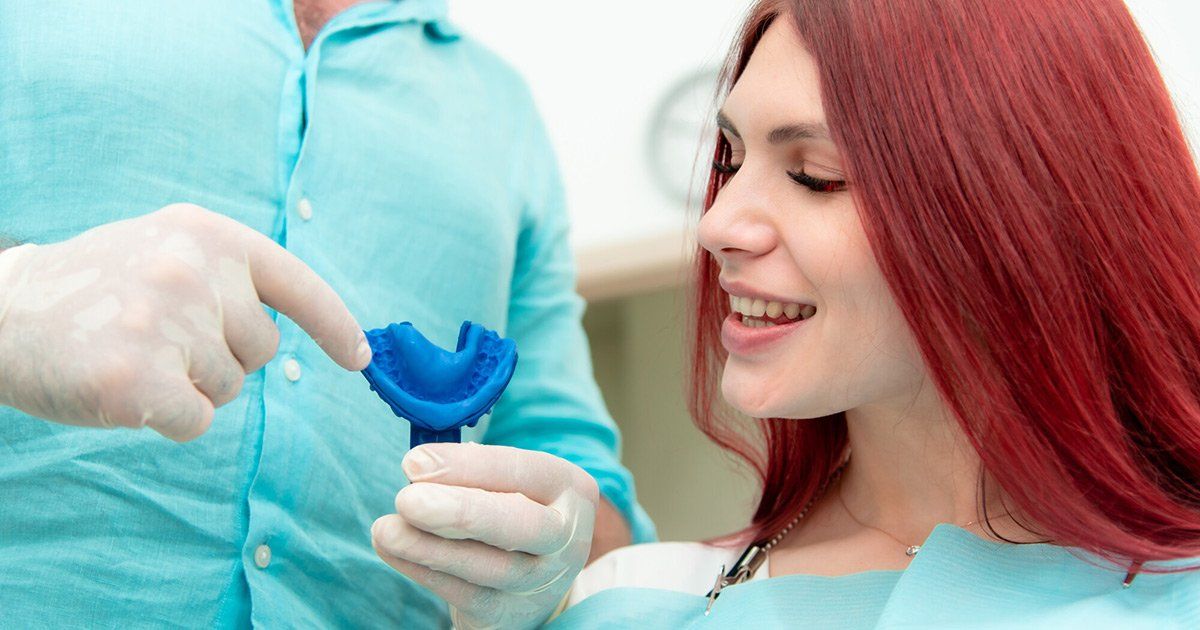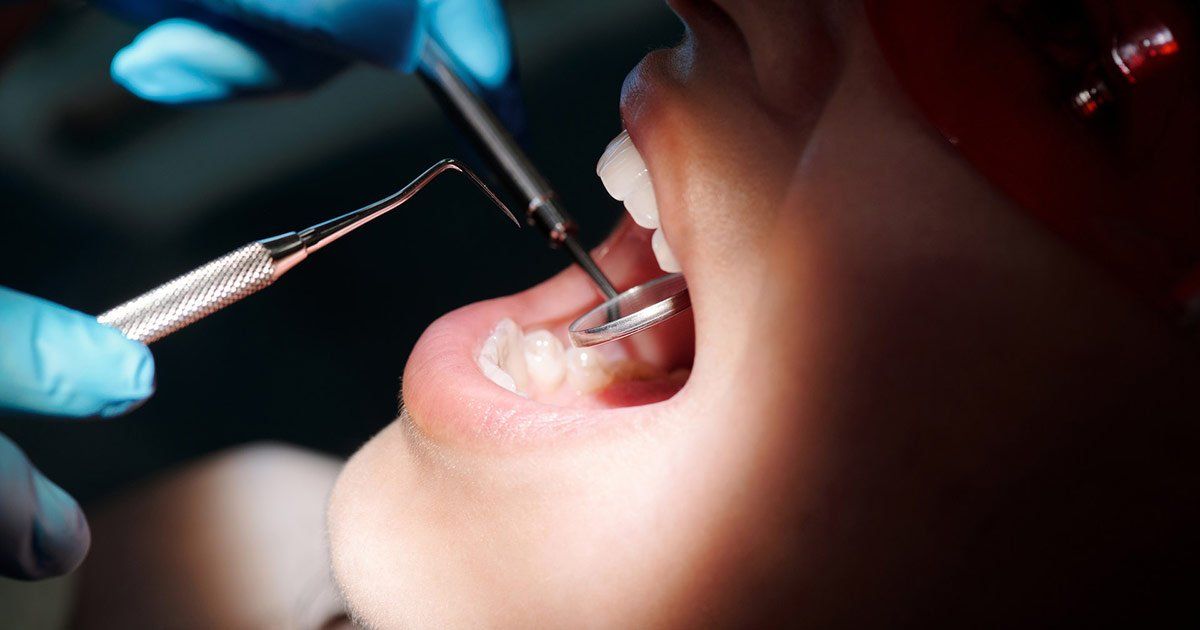Bayside, NY Office
Business Hours
- Monday
- -
- Tue, Wed, Sat
- -
- Thu - Fri
- Closed
- Sunday
- Closed
Forest Hills, NY Office
Business Hours
- Mon - Wed
- Closed
- Thursday
- -
- Fri - Sat
- -
- Sunday
- Closed
In-Network with Major PPOs. Early Morning, Evening & Weekend Appointments Available
Medicaid, Fidelis, Metroplus, HMO and state insurances are not accepted at this time
In-Network with Major PPOs. Early Morning, Evening & Weekend Appointments Available
Medicaid, Fidelis, Metroplus, HMO and state insurances are not accepted at this time
What to Do When Your Dental Implants Start Causing Problems
Radiant Dental Studio • Jun 18, 2020
Dental implants have many benefits, but they can also cause problems. Check out this guide to learn what to do in case you have pain with your dental implants.
In the United States, about 3 million people have dental implants.
Dental implants are incredibly successful and have many benefits. However, dental implant problems are not uncommon.
If you're considering dental implants or have dental implants and want to know what the signs of infection may be, continue reading to learn more.
What Are Dental Implants?
Dental implants are a dental procedure
that's used to replace missing teeth. When teeth are missing, normal activities like eating, drinking, and talking become difficult, and your jawbone starts to deteriorate which means you lose some of your facial shapes. Having dental implants keeps your mouth healthy and your jaw working.
A dental implant consists of three parts: the titanium screw or implant, the abutment which connects the abutment to the crown, and finally, the crown itself, otherwise known as the false tooth.
Getting dental implants is a surgical procedure and can take months to complete.
However, the payoff is excellent because there are a lot of benefits to having dental implants:
Dental implants feel and look like your real teeth. They are shaped and fashioned to resemble your surrounding teeth.
They're comfortable and require little upkeep beyond normal brushing, flossing, and living a healthy lifestyle.
Missing teeth often cause self-esteem problems. When these gaps are filled, your self-confidence will skyrocket.
Dental implants are very convenient. There is no removing or extra cleaning involved; you treat them like your normal teeth.
What Are Some Problems With Dental Implants?
Dental implants are a great way to solve the problem of missing teeth and everything that entails. Most of the time, dental implants heal just fine without any problems. But some problems arise.
Here are some common dental implant problems.
1. Implant Falls Out
Sometimes despite the best surgery, the dental implant fails to bond to the jawbone and will fall out or be loose as a result.
Many things contribute to the implant falling out. It could be the position was wrong or that it was implanted incorrectly. There could also be tissue or bone loss as well.
2. Poor Dental Hygiene
Another reason for dental implant failure is due to poor dental hygiene. When you have dental implants it's more important than ever to stick to an oral routine. Failure to incorporate regular brushing, flossing, and dental check-ups
could produce a negative outcome with your dental implants.
If you want to keep your dental implants, keep your teeth healthy by brushing, flossing, eating healthy foods, keeping foreign objects out of your mouth, and visiting your dentist regularly. Smoking will also increase your chances of implant failure.
3. Untrained Dentist
When you have your dental implants done, you want this done by a trained professional dentist who is experienced and knowledgeable. Ideally, you'll want to see pictures of their work and ask plenty of questions beforehand.
4. Allergy to Titanium
The dental implant that goes into the bone is made of titanium combined with small amounts of nickel. In some cases, the people who have a nickel allergy will not be able to withstand the implant.
When this happens, the body will reject the implant or you may experience signs of an allergic reaction like itching, swelling, or tingling at the site.
5. Disease
Certain diseases may make it hard for your body to accept the implant. Health problems like cancers, diabetes, and gum disease may cause problems. But sometimes the implant will stay in place, but the healing process may take longer than normal.
6. Weak Jawbone
For the dental implant to fuse to the jawbone, your jawbone must be strong enough to withstand it. If you have a weak jawbone, the implant will not stay in place.
The reason for weak bones can occur for many reasons, such as osteoporosis or gum diseases. Talking with your dentist first about the health and strength of your jaw before you commit to getting dental implants.
7. Infections
Whenever there is a foreign object in your body, it's almost always prone to infection. Infections can happen anytime, either right after your implant or during the healing process.
Dental implant infection signs can be a pain, swelling, bleeding, or a loose implant. If you notice any of these signs, you should contact your dentist immediately.
What to Do If You Have Dental Implant Failure
Even with a 95% success rate
on dental implants can fail. If you experience dental implant failure, there are a couple of steps you can take.
The implant will need to be removed and the dentist can try again. But it might be a long process, about a year or so, because your jaw and gum will need to heal.
However, if your body rejects the implant again, then it's likely that you do not have enough jawbone to keep the implant in place. Your dentist might do a bone graft to give your implant a chance.
It's also likely that your dentist just isn't knowledgeable enough, and you would probably need to search for a dentist who understands dental implants.
What to Expect When Getting a Dental Crown
Having a dental crown placed may take 2 visits to the dentist. The first step involves checking the tooth to make sure it’s strong enough to support a crown. The tooth may then need filing to allow the crown to fit properly over it.
If your tooth has severe damage or is broken, the dentist may need to fill in part of it. Once again, this prepares your tooth for crown placement.
Once the shaping of the tooth is complete, the dentist will make an impression of your teeth. This is often sent to a lab that makes the permanent crown. Since this takes some time to complete, many dentists place a temporary crown at this visit.
When the permanent crown is finished, you will return to the dentist. First, the dentist removes the temporary crown. Next, the new crown is secured to your tooth using a special adhesive.
Now the crown is ready to look and function like a natural tooth.
Are You Ready for Dental Implants?
Dental implants are a wonderful way to beautify your smile and keep your mouth healthy. But it's important to be aware of the problems you could face.
When you have your dental implant procedure, you can be assured you're working with the most knowledgeable and trained professional dentists. If you have more questions about dental implants, we would be happy to help you! Contact our office
today to learn more.
Forest Hills, NY Office
© 2024
All Rights Reserved | Radiant Dental Studio
718-970-7301
718-513-9071










